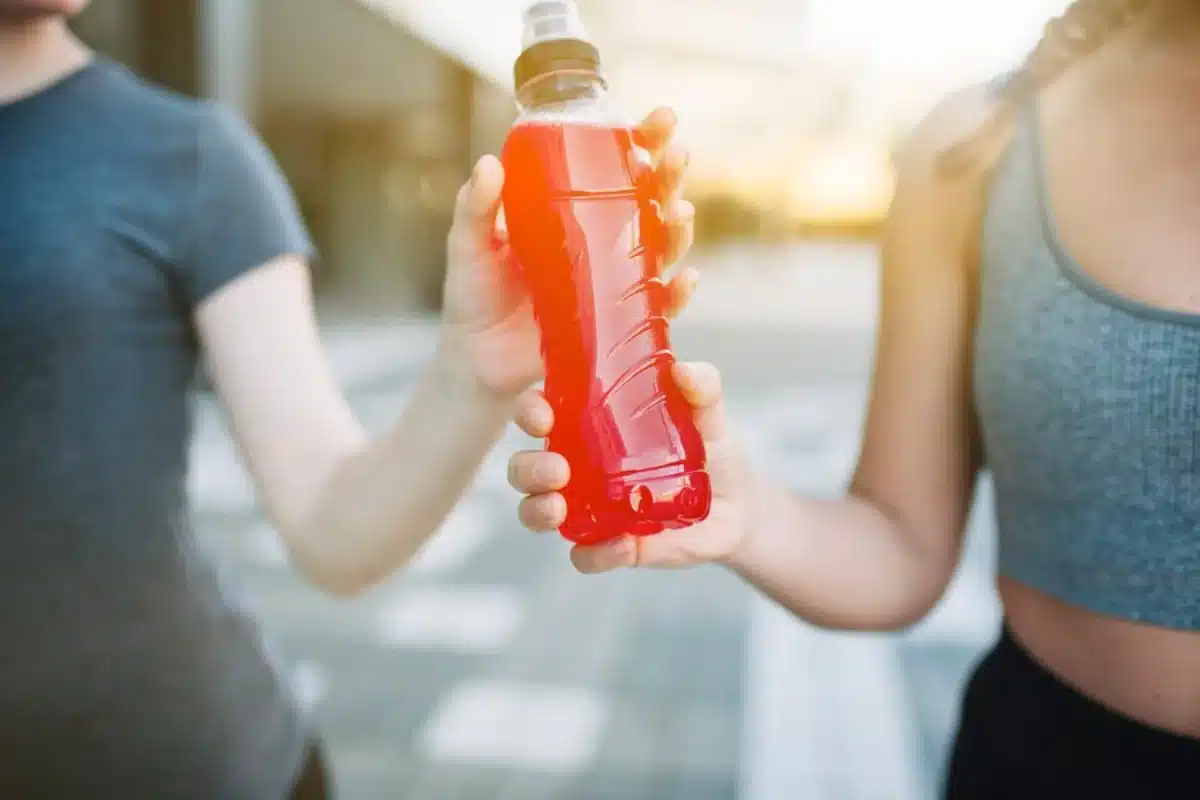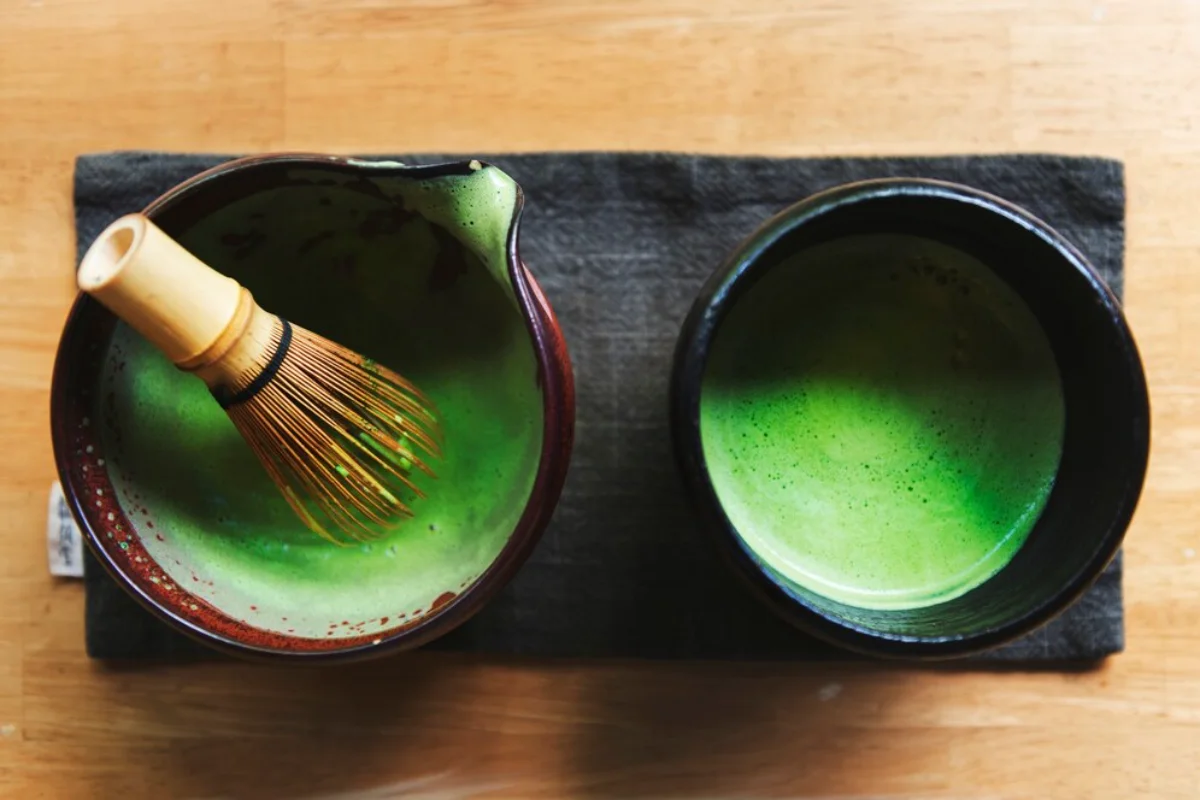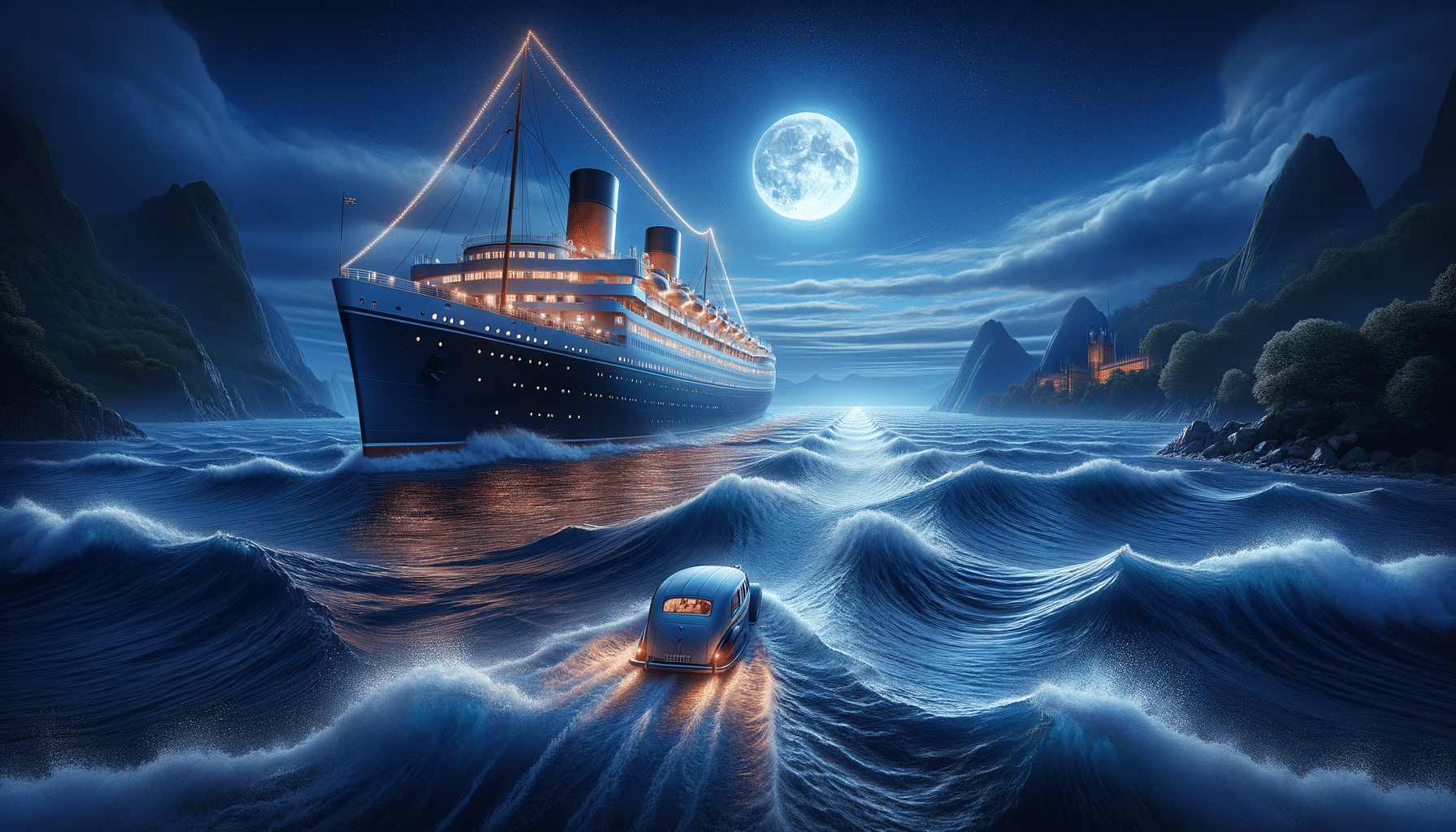
The Truth About Energy Drinks: Are They Healthy?
Energy drinks are widely consumed for a quick energy, focus, and endurance boost. Some drink them as pre-workout beverages, midday pick-me-ups or late-night study aides. They offer instant alertness and stamina. But are they healthy for you, or do they pose hidden risks?
These beverages typically have high amounts of caffeine, sugar, artificial sweeteners and stimulants. They can be helpful for short-term benefits, but long-term health risks are a concern. Their effects on heart health, metabolism, and mental well-being are significant.
In this article, we’ll look at the positive and negative aspects of energy drinks, compare them to natural alternatives, and explore healthier ways to boost energy without risking your health.

What’s Inside an Energy Drink?
Energy drinks contain various ingredients to boost energy and alertness immediately. Here are the most common components:
1. Caffeine – The Main Stimulant
Caffeine is the primary ingredient in most energy drinks. It stimulates the central nervous system, enhancing alertness, concentration, and reaction time.
- Average caffeine content per can: 80-300 mg (compared to 95 mg in a regular cup of coffee)
- High caffeine intake can cause jitters, anxiety, insomnia, and heart palpitations
- The FDA recommends a daily limit of 400 mg for adults
2. Sugar and Artificial Sweeteners
Many energy drinks have high sugar levels, sometimes exceeding the recommended daily limit in just one can.
- High sugar can lead to energy crashes and increased risk of obesity, diabetes, and tooth decay
- Sugar-free drinks use artificial sweeteners (like aspartame and sucralose), which may cause digestive issues and cravings
3. Taurine – A Common Additive
Taurine is an amino acid naturally found in the body. It supports muscle function and cardiovascular health.
- Taurine is safe in moderate doses, but its effects combined with high caffeine are not well-studied
4. B Vitamins – For Energy Metabolism
Many energy drinks claim to have B vitamins, which help convert food into energy. However, taking too much offers no extra benefit and is simply flushed out.
5. Herbal Stimulants (Guarana, Ginseng, Green Tea Extract)
These plant extracts can boost energy, but combined with caffeine, they may cause overstimulation and increased heart rate.

The Pros and Cons of Energy Drinks
Potential Benefits
- Increased Alertness – Caffeine improves focus and concentration.
- Boost in Physical Performance – Good for short-term endurance in workouts.
- Convenient Energy Source – Easy to grab for a quick pick-me-up.
Health Risks and Side Effects
- Increased Heart Rate & Blood Pressure – Overuse can stress the cardiovascular system.
- Energy Crashes & Fatigue – High sugar and caffeine can cause sudden spikes and drops in energy.
- Sleep Disruptions – Late-day consumption can negatively impact sleep quality.
- Digestive Issues – Artificial sweeteners and stimulants may lead to bloating, cramps, or diarrhoea.

Energy Drinks vs. Natural Alternatives
If you want the best healthy energy booster, consider these natural options:
1. Green Tea – A Natural Caffeine Boost
- It contains L-theanine, promoting calm alertness without jitters.
- Offers a steady release of energy compared to the sharp spike from energy drinks.
- Rich in antioxidants that support overall health.
2. Matcha – The Supercharged Green Tea
- It is higher in caffeine than regular green tea but gentler on the body.
- Supports mental clarity and metabolism.
3. Black Coffee – A Simple and Effective Choice
- It contains pure caffeine without added sugar and artificial ingredients.
- Boosts metabolism and focus without excessive stimulants.
- It is best consumed in moderation to avoid dependence.
4. Coconut Water – Natural Hydration & Electrolytes
- Hydrates better than energy drinks.
- Provides potassium and magnesium for muscle function and energy.
5. Smoothies with Superfoods
- Blending bananas, spinach, chia seeds, and nuts gives long-lasting energy.
- It contains fibre, healthy fats, and protein to sustain energy.
6. Herbal Adaptogens (Ashwagandha, Rhodiola, Ginseng)
- Help the body manage stress and fatigue naturally.
- Support adrenal function without overstimulating the nervous system.
Is Caffeine Good for Health?
Caffeine isn’t necessarily harmful in moderation. Research indicates it can improve brain function, boost metabolism, and enhance physical performance. Problems arise with excess or unhealthy additives.
Healthy Caffeine Consumption Guidelines:
- Limit intake to under 400 mg daily (about 4 cups of coffee or 1-2 energy drinks).
- Avoid caffeine in the late afternoon or evening to prevent sleep issues.
- Choose natural sources of caffeine like coffee, green tea, or matcha over processed energy drinks.
FAQs About Energy Drinks
1. Are sugar-free energy drinks healthier?
They reduce calorie intake but still contain caffeine, artificial sweeteners, and stimulants, which can negatively affect health.
2. How often can I safely drink energy drinks?
Occasionally, it is fine, but daily use is not recommended due to potential dependency and health risks.
3. Can energy drinks help with exercise performance?
They can temporarily boost, but natural pre-workout options like bananas, protein smoothies, or black coffee are better.
4. Are homemade energy drinks better?
Yes! Making your energy drinks with coconut water, lemon, honey, and chia seeds is healthier.
5. What happens if I drink too many energy drinks?
Overconsumption may result in heart palpitations, high blood pressure, insomnia, and caffeine addiction.
Energy Drinks: Temporary Solution Permanent Harm
Energy drinks provide a temporary solution but carry a health risk that frequently surpasses their advantages. If you want the best healthy energy booster, try natural sources such as green tea, matcha, coconut water, and herbal adaptogens. These alternatives give prolonged energy without adverse effects.
Energy drinks vs natural alternatives, what do you prefer? Let us know what you think in the comments!


